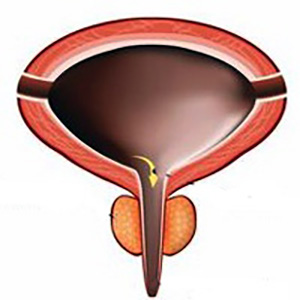Management of the patient with urostomy: Caregiver needs during the three months after discharge. A qualitative study

All claims expressed in this article are solely those of the authors and do not necessarily represent those of their affiliated organizations, or those of the publisher, the editors and the reviewers. Any product that may be evaluated in this article or claim that may be made by its manufacturer is not guaranteed or endorsed by the publisher.
Authors
Objective: To examine caregivers' experiences and training needs after radical cystectomy with urinary diversion for the first three months following the patient's discharge.
Methods: This study applied a phenomenological design approach through open-ended interviews and descriptive analysis. Phenomenology applied to empirical research requires researchers to explore the empirical facts narrated by partici-pants. This study followed the Consolidated Criteria for Reporting Qualitative Research guidelines, a 32 – item checklist for inter-views and focus groups. The study population included caregivers of bladder cancer patients, admitted to three Italian hospitals. Data were collected between March 2020 and March 2022.
Results: Fifty-two caregivers of patients who underwent cystecto-my with urinary diversion from three Italian hospitals (41 males and 11 females) participated to the study. The data analysis con-verged in the identification of three themes – with sub-themes –that included various aspects of the caregiver’s lived experiences: 1) living with the burden of being indispensable, for the family member, 2) feeling abandoned by institutions, 3) tiredness and less willingness to look after the relative due to work burden.
Conclusions: Our study demonstrates that the caregiver of a patient with bladder cancer and urostomy in the first three months of hospital discharge is very worried and stressed. Despite the training program received in hospital, the caregiver does not recognize the newly acquired skills and has difficulty applying them. Further study would be required.
Supporting Agencies
No finansial supportHow to Cite

This work is licensed under a Creative Commons Attribution-NonCommercial 4.0 International License.
PAGEPress has chosen to apply the Creative Commons Attribution NonCommercial 4.0 International License (CC BY-NC 4.0) to all manuscripts to be published.

 https://doi.org/10.4081/aiua.2023.11024
https://doi.org/10.4081/aiua.2023.11024



